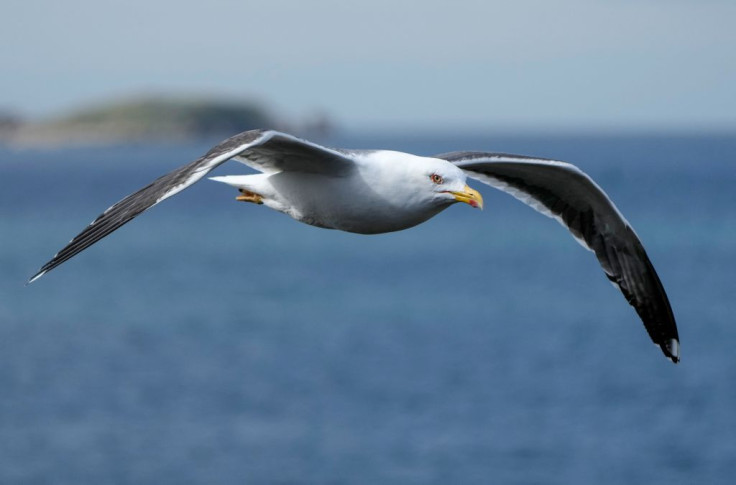One person approached Devon and Cornwall Police after reportedly witnessing a man beating a seagull to death with a child's spade.
The episode supposedly occurred on Porthgwidden Beach, St Ives, on Saturday, and was seen by numerous kids, the woman claimed.
The witness told CornwallLive that a family group sitting near her first threw cans of fizzy drink at a seagull nearby. The act injured the bird. Soon, one member of the group got up and "beat it to death with a kids' spade" in front of several families.
The witness said that when she and a family member went up to the group, they verbally abused her. The group had left the beach by the time police officers arrived at the spot. The witness said that the group left rubbish, towels and sunscreen on the beach, according to Daily Mail.
The witness took photos of the accused and the litter the group reportedly left the beach. She wanted to share the photos on social media, in the hopes the man would be identified, but she was scared of getting "backlash" from the group. But without his identity and address, the witness is aware that not much police can do.
Devon and Cornwall Police is yet to confirm if they are investigating into the matter.
According to The Royal Society for the Prevention of Cruelty to Animals, gulls and their nests are protected by law just like other birds, gulls, their chicks and nests are not allowed to be harmed under the Wildlife and Countryside Act 1981. Going by it, it is illegal to intentionally kill, take or injure gulls unless you are acting under licence. Gulls are commonly seen in many areas near the coast, but some species of gulls like herring gulls and kittiwakes, are part of the UK Red List as there is evidence suggesting that their population is declining.
Meanwhile, the witness of the Saturday incident found it "absolutely awful," and said that she had never seen that kind of cruelty against an animal. She also praised a man, who was not part of the group in question, for picking up the dead bird and keeping it away from children who witnessed its death.




